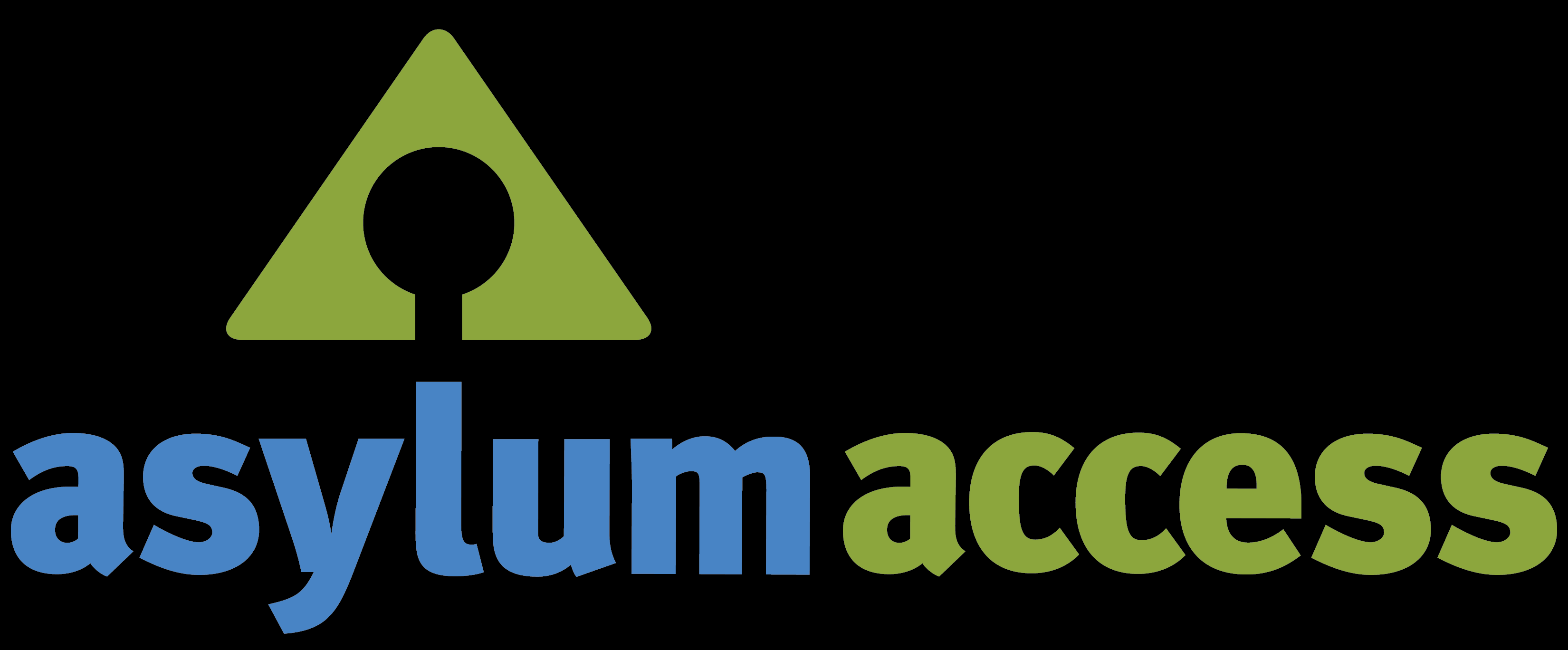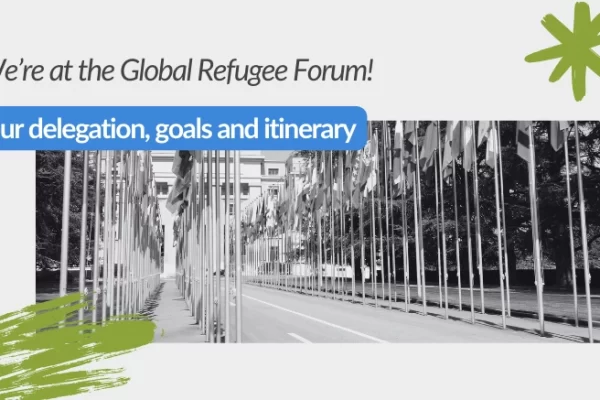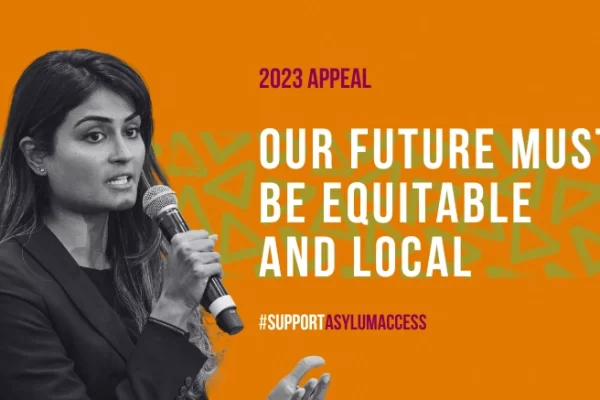Interpreters: Partners for Refugee Rights
“All things are subject to interpretation; whichever interpretation prevails at a given time is a function of power and not truth.”
– Friedrich Nietzsche
Philosopher Nietzsche could well have been thinking of refugees and asylum seekers undergoing the refugee determination process (RSD).
Displaced from their countries and forced to build a new life from scratch, asylum seekers are constantly struggling for understanding from government authorities and non-governmental agencies who decide whether to grant them legal status, the key to all other rights. They not only must overcome their trauma, but also must overcome the challenges of navigating the legal system in an unfamiliar environment.
Language differences are the first obvious barrier. With responsible and professional interpretation, however, these can be overcome. As Thailand’s refugees come from a wide range of countries and speak 20 different languages, there is a particularly strong need for support from interpreters.
To develop a group of professional interpreters, Asylum Access invited Alice Johnson, Director of the Cairo Community Interpreter Project (CCIP), Center for Migration and Refugee Studies at the American University of Cairo, to offer professional refugee interpreter training in Thailand. In September 2011, she delivered two well-received 30-hour training workshops to 39 interpreters who work with refugees from a range of countries including Somalia, Pakistan, Sri Lanka, Nepal, China and Cambodia.
Upholding Professional Standards
While sound linguistic skills are essential to the work of an interpreter, the ability to uphold professional standards of practice and ethical codes of conduct are critical to effective interpretation. This ensures that asylum seekers receive a fair hearing and help effectively convey to the applicants the questions, explanations and decisions made by officials.
Under Alice’s dynamic and interactive mentorship, the participants learned about professional benchmarks for community interpreting and the qualities that are essential for a good interpreter, among other skills. Through these workshops, Alice and her team are committed to developing interpreters who are knowledgeable, neutral, and committed to professional ethics like honoring confidentiality.
A Challenging Role
The refugee interpretation setting may present unforeseen challenges for the interpreter. For example:
The Decisionmaker turns to the Interpreter and asks: “Do you think she (Client) is telling the truth?” When the Decisionmaker does not appear to know the limits of the Interpreter’s role, it is the duty of the Interpreter to educate the Decisionmaker, by saying, “The Interpreter is not allowed to offer a personal opinion.”
The Client is very emotional and scared as she has been traumatized. When the Interpreter speaks loudly, or shows strong facial expressions, the Client withdraws and appears sullen and uncooperative. In this scenario, the Interpreter’s body language has become a hindrance; a low profile and quiet demeanor not drawing attention to himself would be more appropriate.
As an asylum-seeker is in an exceptionally vulnerable situation, it is crucial for the interpreter to be alert to all physical, emotional or semantic nuances of the situation. This includes being mindful of seemingly mundane details like seating arrangements, when to use the first or third person pronoun, and what to do in an awkward situation.
The training participants — refugee interpreters from Asylum Access Thailand, Jesuit Refugee Services and Bangkok Refugee Center — were thrilled to learn from the workshops and are looking forward to engaging with their hiring agencies and clients in a more informed and confident manner.
One interpreter reflected that the training really drove home the importance of her work, for the quality of interpretation can influence the RSD process and the type of assistance that the decisionmaker offers refugees. As such, interpreters are vital partners in the protection of refugee rights.
Following the positive feedback from this training, Asylum Access looks forward to creating further opportunities for refugee interpreters to improve their skills in the future. By developing higher standards for refugee community interpreting, we are enabling greater mutual understanding between refugees, government authorities and UNHCR officials, helping refugees better navigate the processes to assert their rights.
By Soo M. Cheng, Volunteer Advisor, Asylum Access Thailand.
Published February 2012






The PSI: coping with challenging situations – Translin
ديسمبر 8, 2016[…] http://asylumaccess.org/interpreters-partners-refugee-rights/ […]